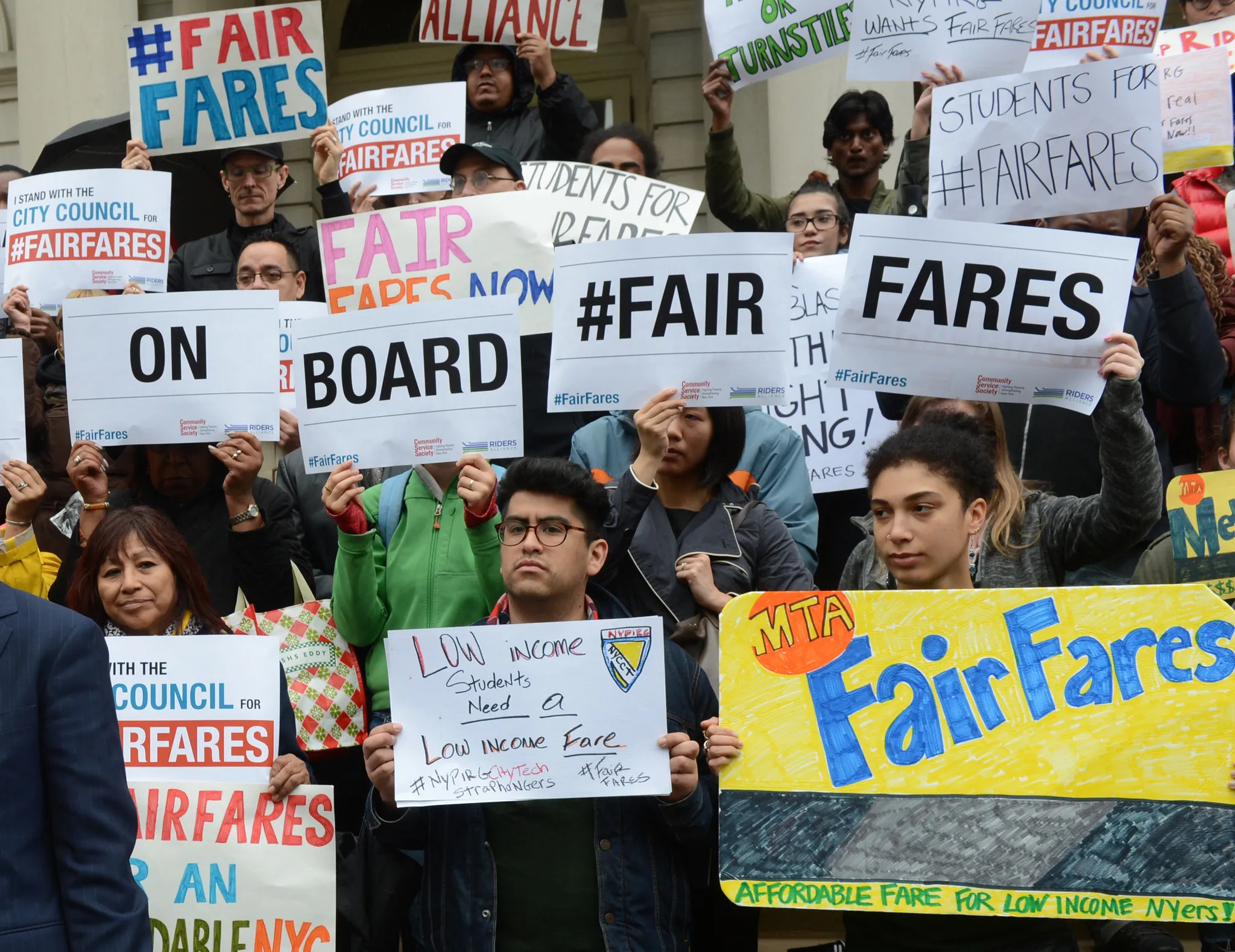A corporation that changes working hours on a time sheet and requires an employee to sign it is in violation of the law.
Dismissal of worker
In Dubai, I work for a security firm. Every day, I work a 12-hour shift that includes a one-hour break and two hours of forced overtime.
Every month, we sign a time sheet that includes our duty hours. We worked 12 hours as usual during Ramadan, but were forced to sign a pre-filled time sheet indicating 10 hours of work.
When we inquired about the adjustment, we were told that it was made in accordance with UAE law. Is there a rule in the UAE that reduces actual working hours to 10 hours on time sheets during Ramadan yet requires us to work 12 hours as usual? Dubai, SS
Working hours in the UAE have always been shortened by two hours during Ramadan, according to UAE labor law. It’s also in the new Federal Law 33 of 2021 on Labor, which went into effect on February 2.
This also applies to SS and his coworkers, despite the fact that I am aware that many security personnel are obliged to work long hours without enough breaks or days off.
Any employer that makes changes to a time sheet and forces an employee to sign it but does not cut the employee’s working hours is clearly breaking the law.
No employer should force somebody to sign a false document, especially if the goal is to circumvent a clear law.
In addition, SS’s actual working hours are longer than those required by law. “The maximum regular working hours for workers shall be eight hours per day, or 48 hours per week,” according to Article 17 of the Labor Law.
“The employer may engage the worker for additional working hours over the normal working hours, provided that they do not exceed two hours per day,” the implementing regulations state in Article 15, which deals with working hours.
“Total working hours shall not exceed 144 hours every three weeks in any case,” it adds.
This employer is violating the law in terms of working hours, forcing employees to sign an erroneous time sheet, and disobeying the Ramadan workday rule.
SS and his coworkers have the option of filing a complaint with the Ministry of Human Resources and Emiratisation. The ministry can be reached by phone at 600 590 000 or through the website’s chat option. Requesting a callback is also an option.
I understand that filing a case can be inconvenient for individual employees, but the ministry is helpful and can communicate with a corporation that violates the law.
If a corporation is found to have broken the UAE Labour Law, their visa quotas may be reduced, preventing them from hiring more people.
I quit from my job last week after 21 months with the organization. According to my contract, I am entitled to Dh3,000 in airfare every two years.
However, as part of my end-of-service compensation, the corporation refuses to pay me this stipend. They refuse to pay even a portion of this sum.
They claim I won’t be eligible for this money until I’ve worked for two years. If I leave the UAE, don’t they have to pay for my flight? MT, Ras Al Khaimah (Ras Al Khaimah) is a
The particular wording of MT’s employment contract determines his or her eligibility for this perk.
If the contract indicates that the airfare will be paid after two years, the employer is correct because that time has not yet passed. Only if the contract specifies that the benefit is pro-rata will the employer pay a portion of it.
Article 13 of the UAE Labour Law addresses the problem of paying for a flight after leaving the UAE.
“Bear the worker’s repatriation expenses to his place of recruitment or any other location agreed upon by both parties, unless he has already joined the service of another employer or unless the reason for terminating the contract was attributed to the worker, in which case the latter shall be liable for incurring those expenses,” the law states.
Because MT has resigned, the employer is only obligated to pay for a flight if he is leaving the UAE to return to his own country and lacks the financial means to do so.
Keren Bobker is a senior partner at Holborn Assets in Dubai and an independent financial consultant with over 25 years of expertise. Keren can be reached at keren@holbornassets.com. @FinancialUAE is her Twitter handle.
The advice in our columns is not legal advice and is provided solely for educational purposes.
Read also:












































